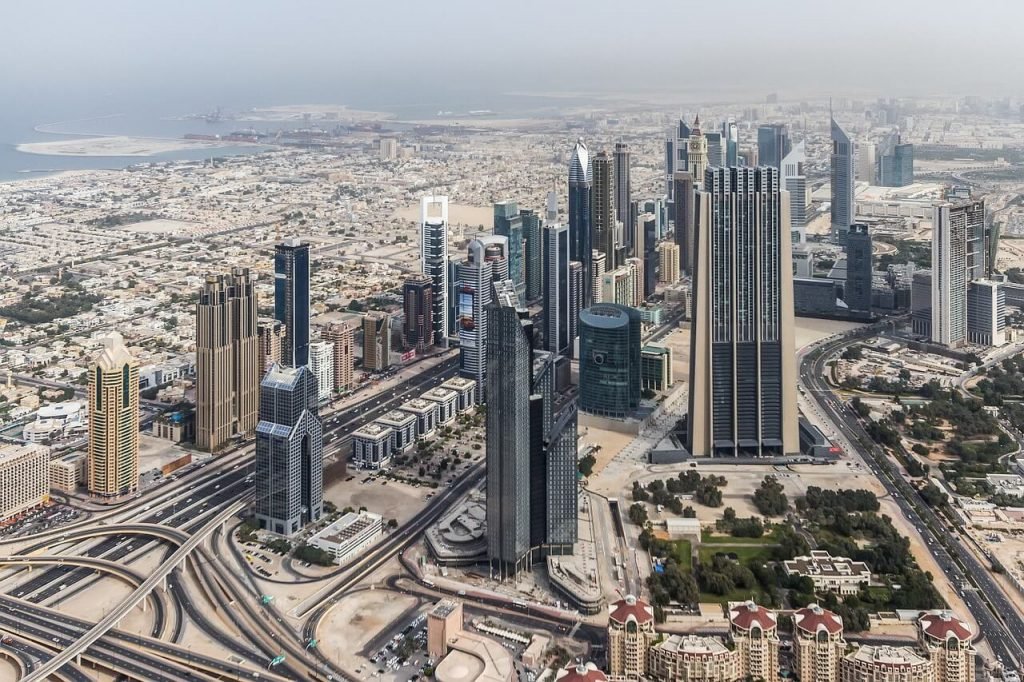Most common taxes in the UAE

There is no doubt that UAE has been an attractive destination for offshore businesses due to the various tax benefits provided by the UAE Government. Further having 100% control of your new business and being easy to set up has made it even more popular among business owners to set up their businesses in the UAE. But have you ever figured what are the benefits and types of different taxes in the UAE? If the answer is no, this blog will be perfect for you.
Federal Taxes in the UAE
Income Tax
There is no income tax in UAE for foreigners. This means both employers and employees who hold residence visa does not need to pay income tax within the country.
Corporate Tax
Corporate tax in UAE has only levied only on oil companies up to 55% and foreign banks up to 20% sectors. All other business sectors are exempted from corporate tax.
Double Taxation
The UAE has 94 agreements with other countries in place with other nations to avoid double taxation on investments overseas. This allows the expatriates to send back 100% of their capital and profits for their country without double taxation
Taxes on goods and services in the UAE
Value Added Tax
Value Added Tax (VAT) was introduced in the UAE on 1 January 2018, at the rate of 5 percent. All mainland business transactions are liable to pay 5% VAT for the Federal Tax Authority of the UAE. However, if your business is established in a Free Trade Zone of UAE and you are not by any means dealing within the UAE you are not liable to pay 5% VAT. For more details, read our blog; Introduction to VAT in the UAE
Custom Duty Tax
Generally, if you import a product from a specific country and export the same to another country from UAE you are exempted from paying customs duty tax.
If you are dealing inside the UAE, customs duties in the UAE are set at 5% of the CIF value of most products. However, alcoholic, carbonated, and sweetened beverages have a 50% duty, as do electronic cigarettes and tobacco products. This high tax is known as Excise tax which we have covered in our next point.
Excise Tax
The excise tax was introduced across the UAE in 2017. Excise tax is a form of indirect tax levied on specific goods which are typically harmful to human health or the environment. Below are the business sectors that should pay excise tax.
- Carbonated drinks – 50 percent
- Tobacco products – 100 percent
- Energy drinks – 100 percent
- Electronic smoking devices – 100 percent
- Liquids used in smoking devices and tools – 100 percent
- Any product with added sugar or other sweeteners – 50 percent
Other Taxes
Taxes for tourist facilities
UAE imposes taxes for facilities provided by Restaurants, hotels, hotel apartments, resorts etc. from tourists. An individual would need to pay one or more of the following taxes:
- Room rate – 10 percent
- Service charge – 10 percent
- Municipality fees – 10 percent
- Tourism fee – 6 percent
- City tax – (ranging from 6 to 10 percent)
Hotel rooms in Dubai are subject to ‘Tourism Dirham Fees’, which range from AED 7 to 20 depending on the category/grade of the hotel.
In May 2016, hotels in Abu Dhabi began charging an additional 4 percent of hotel stay bills and AED 15 per night per room in May 2016.
In Ras Al Khaimah, hotels charge AED 15 tourism fees per room per night.
Rental Taxes
Rental taxes vary according to the Emirates. In Dubai, residential tenants pay 5%, while commercial tenants pay 10%. In Abu Dhabi, UAE citizens are not taxed on their properties, but their expat counterparts pay 3%.
Useful Materials:
For more information about starting your business in the UAE, please feel free to contact us and our team would be glad to assist your business requirements.




